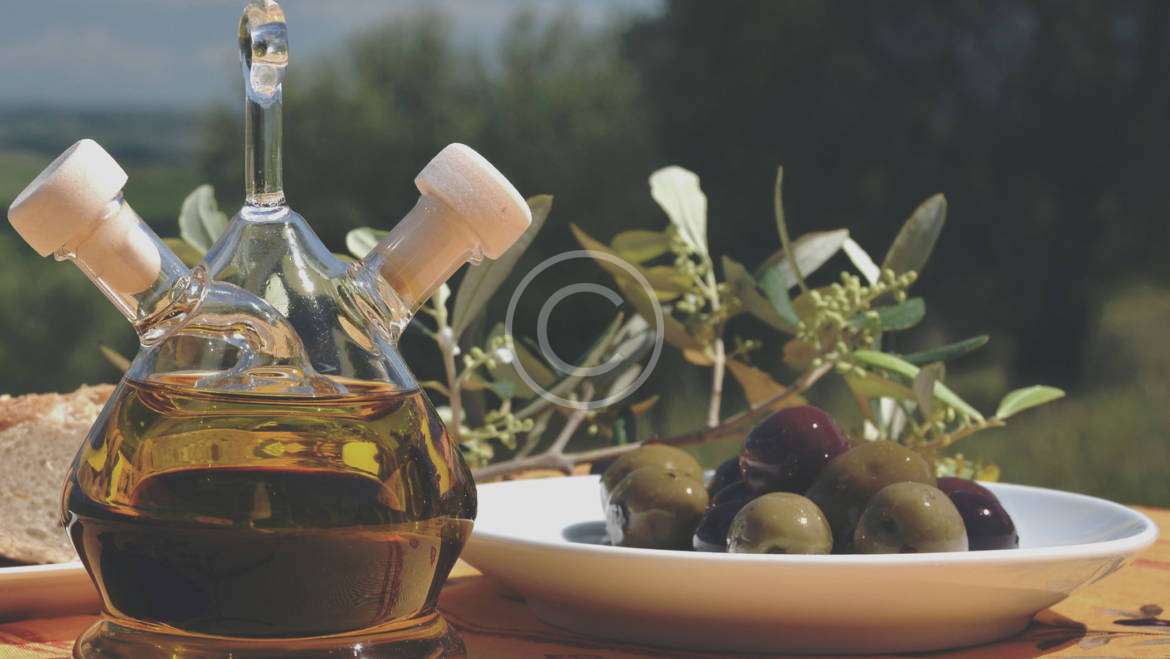In the vast world of health and wellness, one ingredient has gained significant attention for its potential benefits in fighting cancer: olive oil. Olive oil, extracted from the fruit of the olive tree, has been a staple in Mediterranean cuisine for centuries. Beyond its culinary uses, it has been associated with numerous health benefits, including its potential to combat cancer. In this article, we will explore the link between olive oil and cancer prevention, highlighting its key properties and the scientific evidence supporting its role. Let’s dive in!
Contents
The Role of Olive Oil in Fighting Cancer
Understanding the Importance of Antioxidants
To comprehend how olive oil can help in fighting cancer, we must first understand the role of antioxidants. Antioxidants are compounds that protect our cells from oxidative stress caused by harmful molecules called free radicals. These free radicals can damage our DNA and other vital components of our cells, leading to various diseases, including cancer.
Olive oil, particularly extra virgin olive oil (EVOO), is rich in antioxidants. The primary antioxidants found in olive oil are phenolic compounds, such as hydroxytyrosol and oleocanthal. These compounds work diligently to neutralize free radicals and reduce oxidative damage to our cells, offering potential protection against cancer development.
Anti-inflammatory Properties of Olive Oil
Chronic inflammation is closely linked to the development and progression of cancer. Olive oil has been found to possess potent anti-inflammatory properties. The phenolic compounds present in olive oil act as anti-inflammatory agents, reducing the production of inflammatory markers in the body.
By mitigating inflammation, olive oil helps create an environment that is less conducive to the growth and spread of cancer cells. These anti-inflammatory effects make olive oil a promising component in cancer prevention strategies.
Impact on Cancer Cell Signaling Pathways
The bioactive components of olive oil exhibit fascinating interactions with various signaling pathways involved in cancer cell growth and proliferation. One such pathway is the nuclear factor-kappa B (NF-κB), which plays a crucial role in regulating inflammation and cell survival.
Studies have shown that certain compounds in olive oil can inhibit the activation of NF-κB, thereby impeding the growth and survival of cancer cells. Furthermore, olive oil has been found to modulate other signaling pathways, including PI3K/Akt and MAPK, which are involved in cell division and apoptosis (programmed cell death). These actions contribute to its potential as a cancer-fighting agent.
The Mediterranean Diet Connection
It is worth noting that olive oil’s fighting cancer properties are often associated with the Mediterranean diet, a dietary pattern characterized by high consumption of fruits, vegetables, legumes, whole grains, fish, and, of course, olive oil. The Mediterranean diet has long been recognized for its health benefits, including a reduced risk of cancer.
Researchers believe that the synergistic effects of the various components of the Mediterranean diet, coupled with olive oil’s unique properties, contribute to its effectiveness in cancer prevention and fighting cancer. Embracing the Mediterranean diet as a whole, rather than relying solely on olive oil, may yield the most substantial health benefits.
Incorporating Olive Oil Into Your Diet
Now that we understand the potential of olive oil in fighting cancer, let’s explore ways to incorporate it into our daily diet. Here are some practical tips:
1. Choose Extra Virgin Olive Oil (EVOO)
When purchasing olive oil, opt for extra virgin olive oil (EVOO) as it retains more of the beneficial compounds found in olives. EVOO is less processed and undergoes minimal refinement, making it the healthiest choice.
2. Use Olive Oil as a Salad Dressing
Create a simple and healthy salad dressing by combining olive oil with lemon juice or balsamic vinegar. Drizzle it over your favorite salad greens to add a burst of flavor and health benefits.
3. Substitute Butter with Olive Oil
Next time you’re cooking or baking, replace butter with olive oil. Not only will this reduce your intake of saturated fats, but it will also infuse your dishes with the distinct aroma and taste of olive oil.
4. Enjoy Olive Oil in Dips and Spreads
Prepare nutritious dips and spreads using olive oil as a base. Mix it with herbs, spices, and other wholesome ingredients to create delicious and healthy options for snacking or entertaining.
5. Sauté and Stir-Fry with Olive Oil
When stir-frying or sautéing vegetables or lean proteins, use olive oil instead of traditional cooking oils. It adds a unique flavor while imparting the potential health benefits discussed earlier.
Conclusion
Incorporating olive oil into your daily diet can be a simple yet impactful step towards fighting cancer and promoting overall health. With its antioxidant properties, anti-inflammatory effects, and interactions with cancer cell signaling pathways, olive oil offers promising potential in the battle against cancer. Embrace the Mediterranean diet and savor the rich flavors and benefits of olive oil. Remember, prevention is key, and a wholesome lifestyle, coupled with the inclusion of olive oil, may just be what you need to safeguard your well-being.
So, join the ranks of those who appreciate the wonders of olive oil and embark on a journey towards a healthier and more vibrant life!

